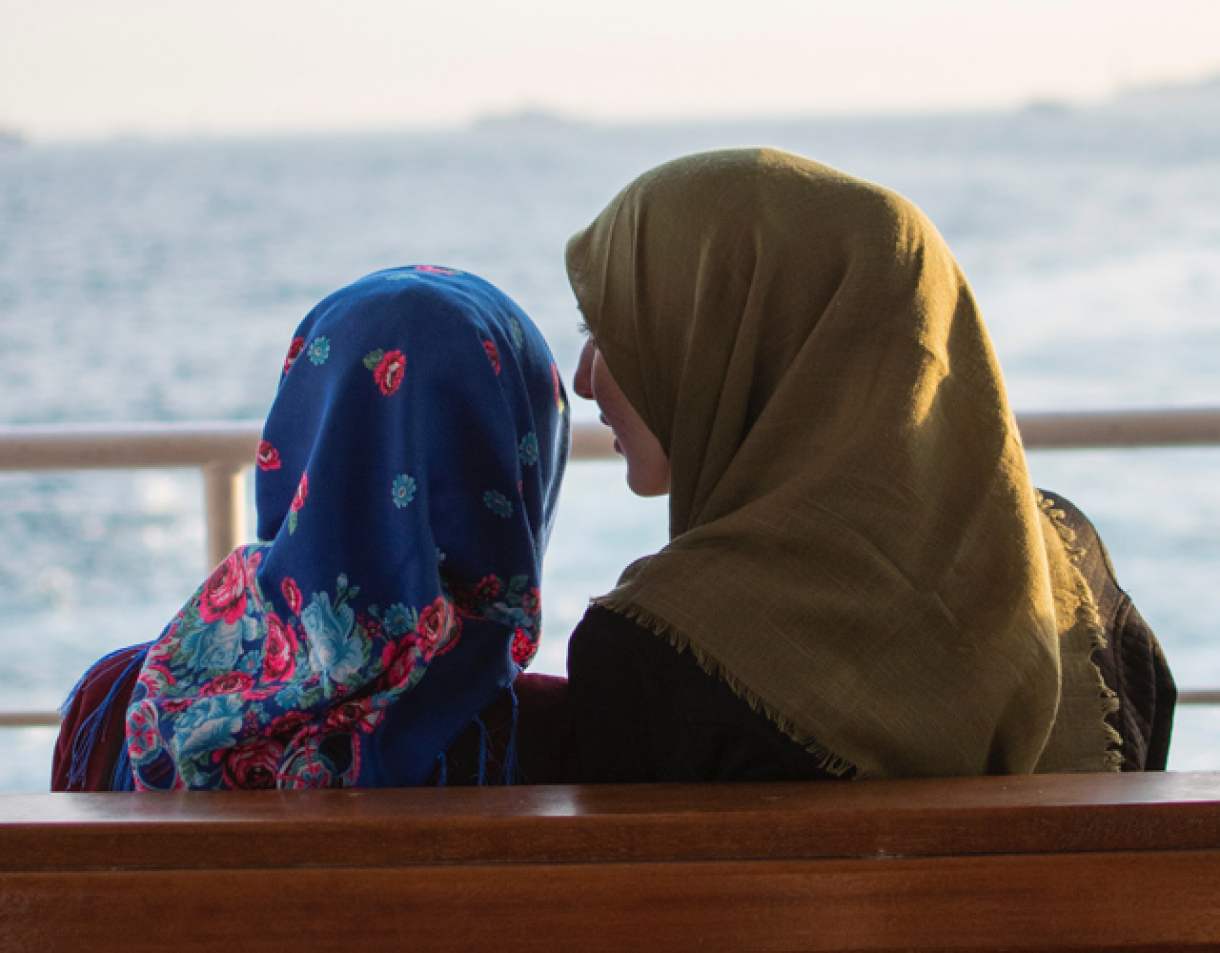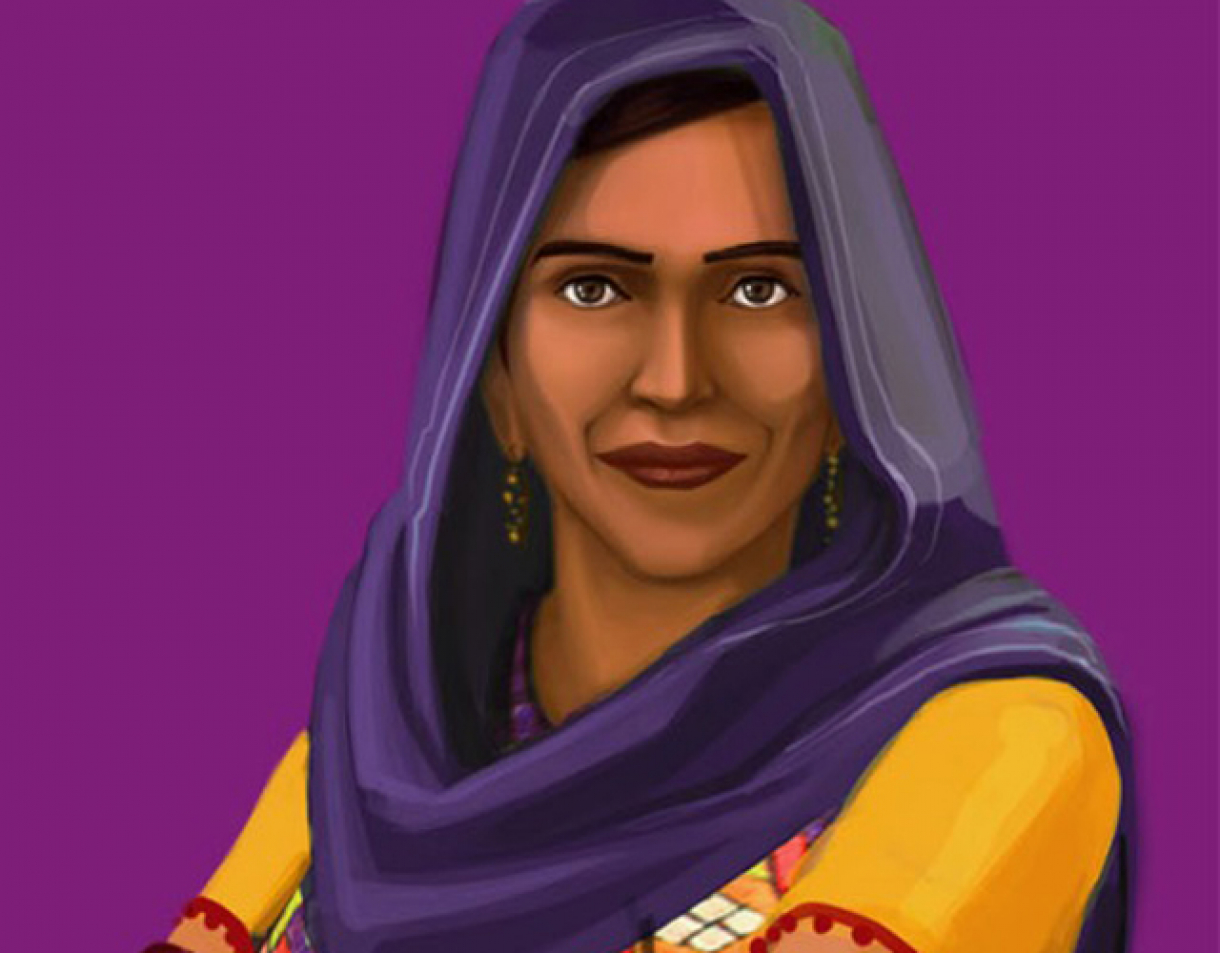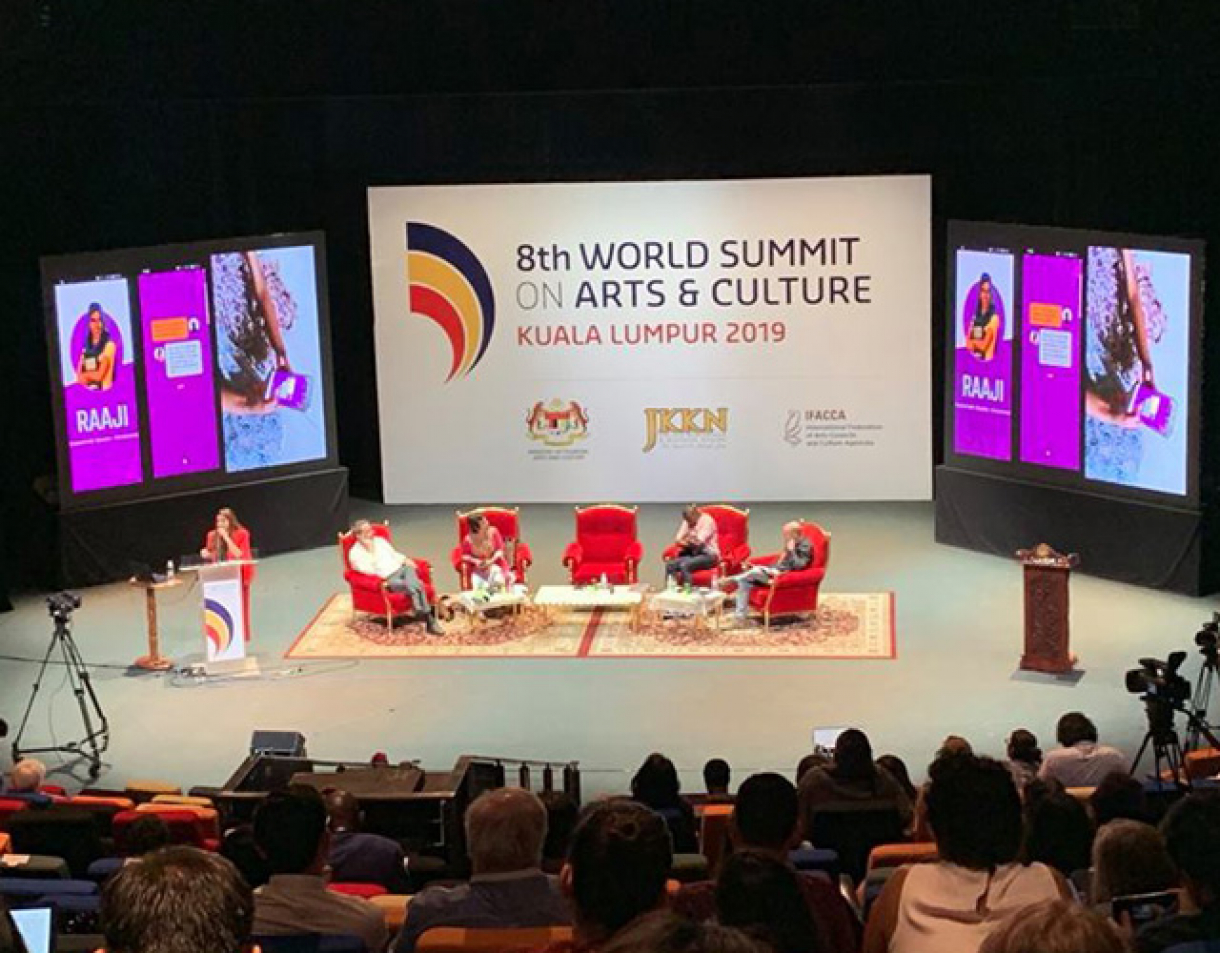“We were conducting our mobile screening of our animated series in one of the most rural areas of Pakistan called Tharparker - an area where girls face early marriages, starvation and a lack of choices around their bodies,” explains designer Saba Khalid. “When we showed the content, it opened up their minds and they started asking us lots of questions and we realised we’d sparked an important conversation that we couldn’t continue long-term sustainably.”
In most communities across Pakistan, girls aren’t allowed to discuss sexual health, menstruation and contraception. They’re shamed for their curiosity or given answers that are unhelpful and incorrect. Recent studies on menstrual health in Pakistan show that almost 50% of girls have no knowledge of menstruation prior to their first period and 79% of Pakistani women aren't properly managing menstrual hygiene.
Raaji is a free chatbot app developed for girls and women in developing countries. Its main objective is to answer questions around taboo topics such as menstruation, pregnancy, abortion, STDs, depression, anxiety, consent and child abuse.
"We realised we’d sparked an important conversation that we couldn’t continue long-term sustainably."
It’s voice-enabled, infused with AI and supported by human experts like gynaecologists and psychologists. These experts can also ‘takeover’ from the bot if the AI determines immediate help is needed. In addition to responding to emergencies, the human touch is also essential to providing the real empathy factor, explain the designers.
Anonymity and privacy are at the heart of this solution. Conversations between the user and bot disappear if the user is inactive for a few minutes. There’s also no sign-in process and no personal details of the end-user are collected.
While Raaji received apprehension in Pakistan for its bold approach to sex and reproductive health education, it has been celebrated globally as an exemplary solution for a global problem.
At scale, the app would have access to a large number of insights and data around the problems faced most by girls and women. This would be critical for governments, NGOs and brands to determine where sanitary and sexual health education and products are needed most.
Designers: Aurat Raaj - Pakistan
UN SDGs: Gender equality
DTIL goals: Balance human & artificial intelligence
Raaji from The Index Project on Vimeo. Music: Lee Rosevere









